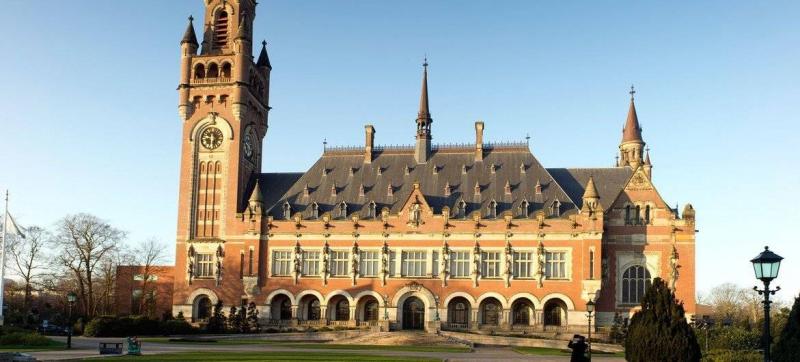This week, the International Court of Justice is holding sessions to consider a case brought by South Africa, accusing Israel of committing acts of genocide in the Gaza war and demanding an urgent halt to its military campaign.
**What is the International Court of Justice?**
The International Court of Justice, also known as the World Court, is the highest legal body of the United Nations, established in 1945 to handle disputes between states. It should not be confused with the International Criminal Court, which is treaty-based and also based in The Hague, dealing with war crimes charges against individuals. The International Court of Justice consists of 15 judges, to which one judge from each party in the Israel case will be added, addressing border disputes and the increasing number of cases filed by countries accusing others of violating United Nations treaty obligations. Both South Africa and Israel are signatories to the 1948 Genocide Convention, which grants the International Court of Justice jurisdiction to settle disputes based on the treaty. The Genocide Convention obliges all signatory countries not only to refrain from committing genocide but also to prevent and punish it. The treaty defines genocide as "acts committed with intent to destroy, in whole or in part, a national, ethnic, racial, or religious group."
**What is the South African Case?**
In a lawsuit consisting of 84 pages, South Africa asserts that Israel's actions and the killing of Palestinians "constitute genocide, as they are committed with the specific intent required" to destroy Palestinians in Gaza as part of the broader Palestinian nationality and ethnic group. The lawsuit also notes that Israel's conduct—"through state agencies and state agents, and other persons and entities acting on its instructions or under its direction, control, or influence"—constitutes a violation of its obligations to Palestinians in Gaza under the Genocide Convention. Furthermore, the lawsuit claims that Israel "failed to prevent genocide and failed to prosecute the direct and public incitement to genocide."
**What is Israel's Response?**
Israel has dismissed the accusation as baseless, with an Israeli government spokesperson stating that the "absurd accusation" from South Africa aims to incite deadly hatred against Jews. Israel indicated it would appear in court to present its case next week.
**What Will Happen in the Sessions?**
The sessions are scheduled for January 11 and 12. South Africa's request for the court to indicate provisional measures to protect Palestinians in Gaza is a first step in a case that will take several years to resolve. Provisional measures are intended to be restrictive orders to prevent the escalation of the dispute while the court considers the entire case. The International Court of Justice judges frequently announce such measures, which generally involve demanding that a state refrain from any actions that could exacerbate the legal dispute. For provisional measures, the court only needs to determine if it has jurisdiction and whether the actions in question fall within the scope of the Genocide Convention. It does not necessarily require adopting the specific measures requested by the relator.
South Africa has asked the court to order Israel to suspend its military operations in Gaza, cease any acts of genocide, or take reasonable steps to prevent genocide, and provide regular reports to the International Court of Justice regarding such actions. While the rulings of the International Court of Justice are final and non-appealable, there is no mechanism for enforcing them. A ruling against Israel could harm its international reputation and set a legal precedent.
**What is the Timeline for the Final Ruling?**
If the court concludes that it has preliminary jurisdiction, the case will proceed in the Peace Palace where the court is located in The Hague, even if the judges decide not to order emergency measures. Israel will then have another opportunity to argue that the court does not have legal grounds to consider South Africa's lawsuit and can submit what is known as a preliminary objection—only able to contest jurisdictional aspects. If the court rejects this objection, judges could ultimately consider the case in further public sessions. It is not uncommon for several years to pass between the initial lawsuit and the actual session to address the substance of the case.




